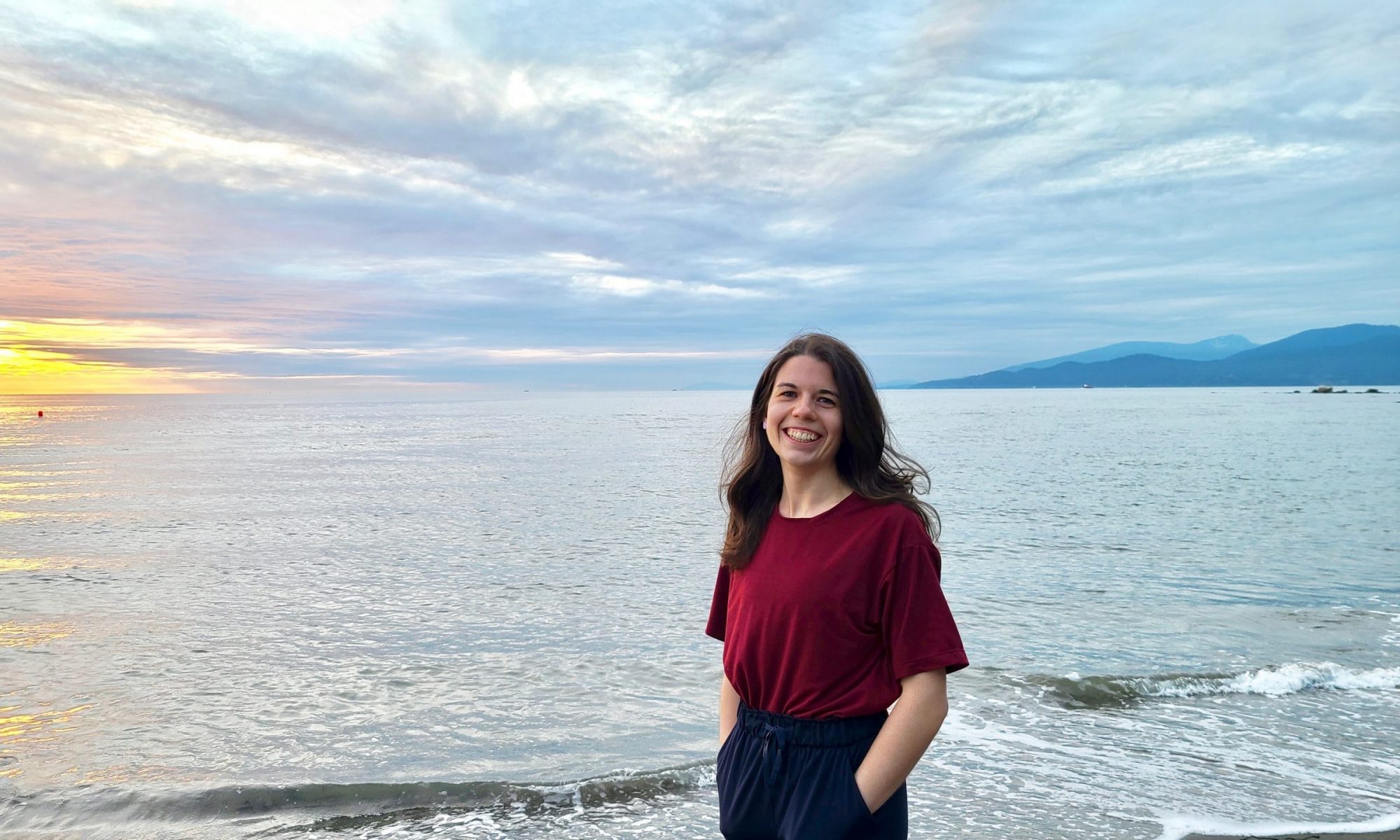As I was putting away supplies on a classroom shelf, I unexpectedly found a kindergarten student wrapped around my legs giving me a big hug and warm goodbye.
This student hardly knows me.
This student doesn’t know I haven’t felt human touch in a well over a week. Or that it’s Friday afternoon and I’m exhausted. Or the level of loneliness I often feel through this pandemic.
But yet this student knows me.
This student knows I deserve a hug. Or maybe they know they want to give one. Or maybe they just know that we are all a part of this bigger world and we have to take care of each other.
This moment of transcendence is what gives me hope. Transcendence is the experience of Mystery in the universe.
As western society conflated spirituality with religion, secularism removed much of our faith in this world. While not everyone is religious, everyone can be spiritual. When we look to Eastern and Indigenous beliefs, we can learn how to allow spirituality, and hope, to re-enter our lives.
Spirituality is a dynamic and ongoing process to become more aligned with who you are, develop meaningful relationships with others, to connect with the land, and make sense of the world around you.
Faith. Optimism. Wonder. Miracles. Gratitude.
Hope.
These are elements of spirituality.
When we look inside we find hope from how far we’ve come.
When we look to others we find hope that people are inherently good.
When we look to nature we find hope that the world is a beautiful place.
When we look at these moments of transcendence, these unexplained mysteries of life, we are reminded that we have a choice in how we make sense of what happens to us.
Viktor Frankl, a holocaust survivor famously said, “We have absolutely no control over what happens to us in life but what we have paramount control over is how we respond to those events.”
We are living in unprecedented, unpredictable, and uneasy times. We are tired, scared, frustrated, and confused.
It’s okay to feel that way. But we don’t have to let it consume us.
According to yoga sutra II.34, introspection ends the root of all suffering. If we want to change harmful thoughts of fear, anger, and uncertainty, we must lean into their opposites, like love, forgiveness, and faith.
Calming the worries that linger in our mind doesn’t require solving them. It requires focusing on what we want to embody instead.
Nobody knows what comes next. That’s always going to be uncertain.
But you have the power to choose what you embody in your life. That is always certain.
If you’re still not feeling hopeful, or maybe cultivating hope feels like too much work, I leave you with a beautiful passage by Richard Wagamese, an Ojibwe author, from his book, Embers as a response to wondering if this practice of spirituality really works:
“Can you think of a better way to live than in gratitude? Can you think of a better way to be than to be kind, loving, compassionate, respectful, courageous, truthful and forgiving? Even if we’re wrong, can you think of a better way to breathe than through all that?”
(p.139)
